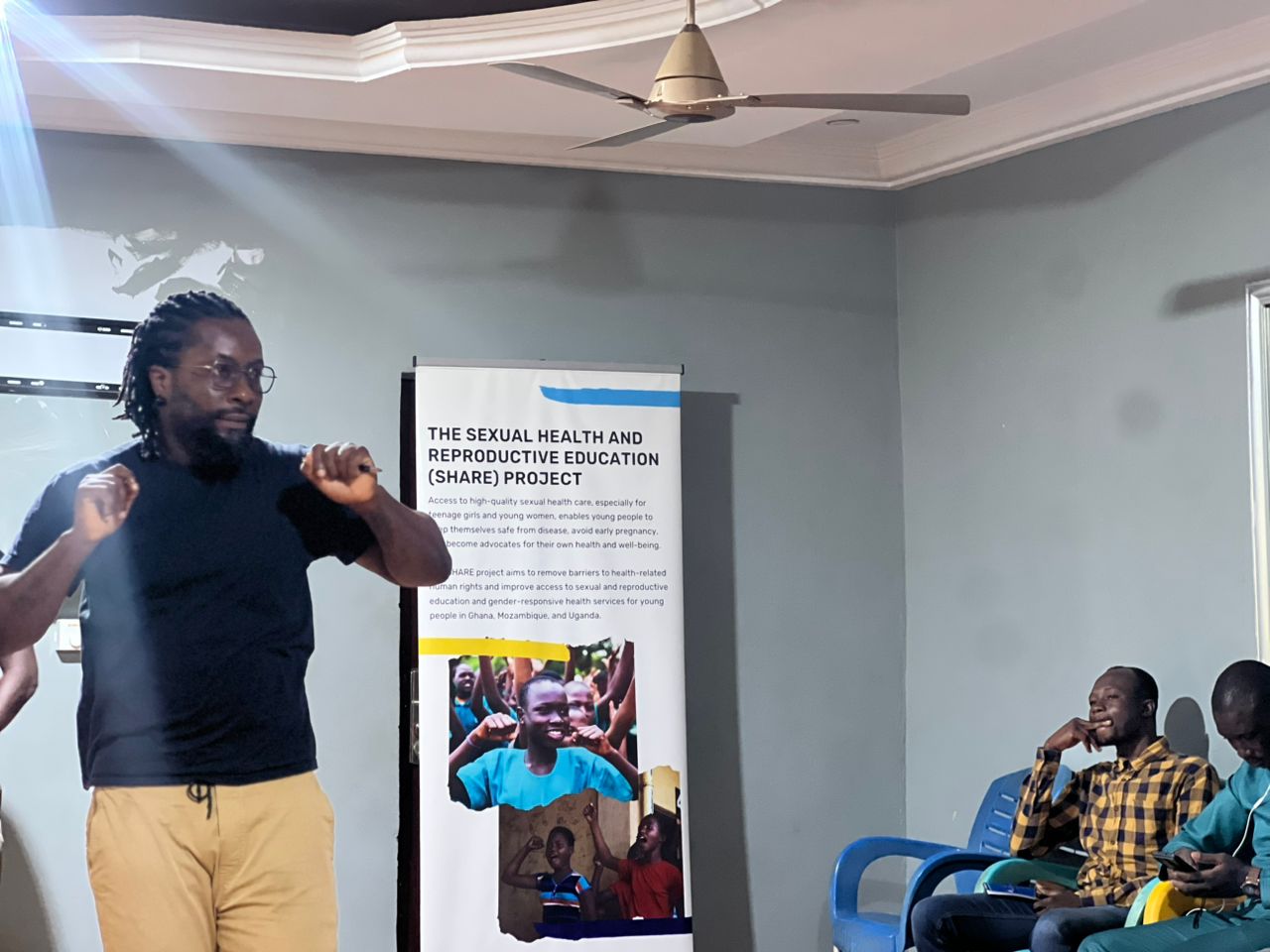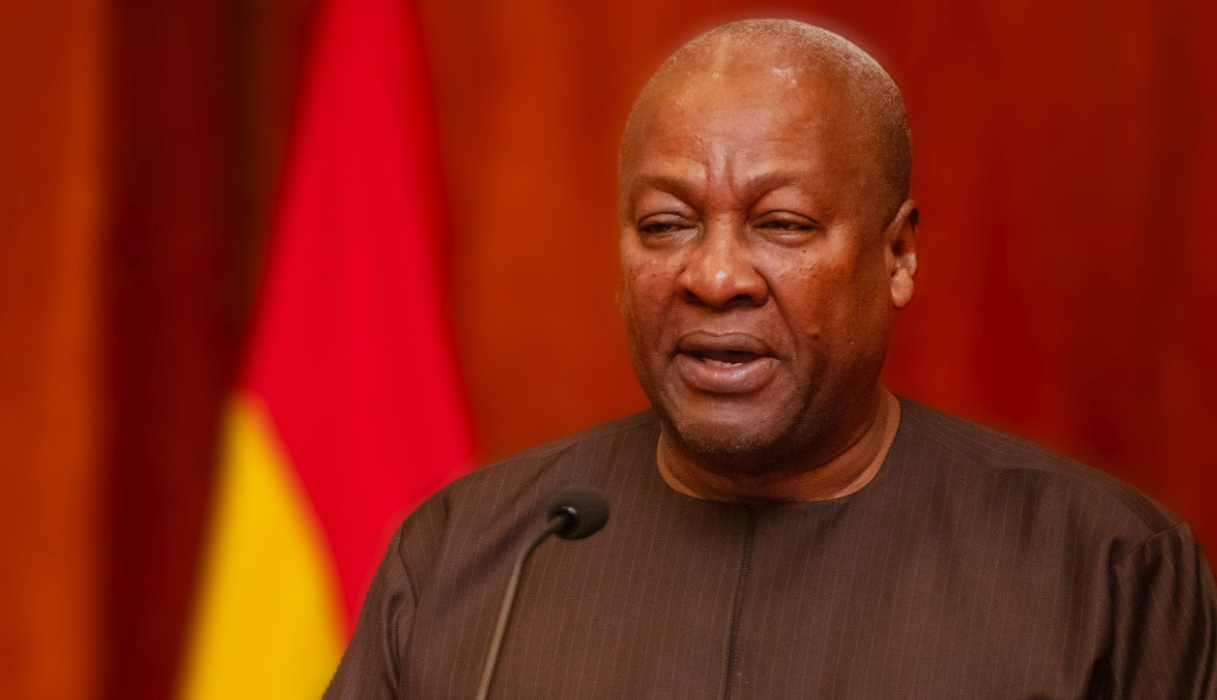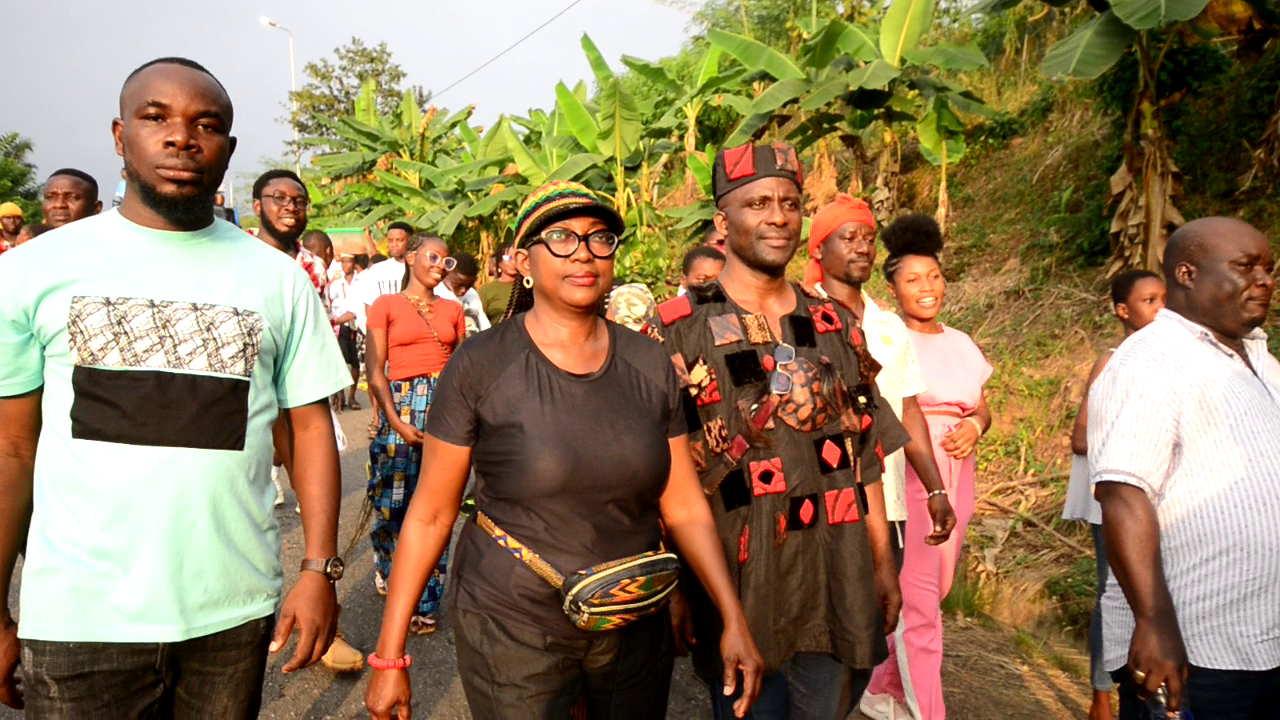By Winifred Lartey
Copyright asaaseradio

The dangerous misuse of emergency contraceptives by teenagers across the country is creating a public health crisis that threatens young lives, according to a reproductive health expert who says many adolescents are using emergency pills as daily birth control.
Elikem Katsekpor, Project Officer for the Social Health and Reproductive Education (SHARE) Project, warned that widespread contraceptive abuse among young people, particularly girls, represents a growing threat to adolescent health nationwide.
“We’ve come to the realisation that there are a lot of young people, especially girls—and even boys—who are abusing contraceptives,” Katsekpor said during a training journalists for journalists in Bolgatanga.
“It’s a danger because they haven’t really understood why this medication needs to be used. It is not for daily use.”
The health official raised alarms about teenagers treating emergency contraceptives as routine prevention methods, with boys often purchasing and distributing the pills to partners without understanding proper usage protocols.
Speaking at a capacity-building session organised by the Forum for African Women Educationalists (FAWE), Katsekpor outlined how inadequate education about contraceptive methods is fueling the crisis. While pregnancy prevention programs exist, comprehensive instruction on appropriate contraceptive selection and timing remains insufficient.
“We are introducing contraceptives, but we are not actually doing the education on which contraceptive should be used for what and at what time,” he emphasised.
The SHARE Project is targeting four districts—Builsa North, Kassena-Nankana Municipal, Kassena-Nankana West, and Bongo—with parent-centered education initiatives designed to combat the problem at its source.
“The approach is to engage a lot more with parents so that they are empowered enough to be able to have these conversations with the adolescents,” Katsekpor explained.
Beyond contraceptive misuse, Katsekpor highlighted a dangerous oversight in current reproductive health messaging: the neglect of sexually transmitted infection risks. He warned that young people’s singular focus on avoiding pregnancy creates vulnerability to infections with long-term health consequences.
“If we don’t take care, we’ll be solving the problem of reducing teenage pregnancy numbers. However, in the next five to ten years, we would be faced with a huge challenge of STI rates that have long-term effects,” he cautioned.
The project has also addressed harmful traditional practices that undermine gender equality and reproductive health rights through community training and dialogue sessions.
“We’ve also conducted training on harmful traditional practices that actually impede achieving gender equality and how that also goes a long way to affect sexual reproductive health rights,” Katsekpor added.
External factors including illegal mining operations that draw boys from school with promises of quick financial gains, along with rising substance abuse, are compounding reproductive health challenges in affected communities.
The health official stressed that media partnerships remain crucial for sustaining educational efforts and maintaining community engagement on adolescent health issues at local and district levels.
Reporting by Mark Smith in the Upper East Region
Asaase Broadcasting Company airs on Asaase 99.5 Accra, Asaase 98.5 Kumasi, Asaase 99.7 Tamale, Asaase 100.3 Cape Coast, AsaasePa 107.3 (Accra).
Affiliates: Bawku FM 101.5, Bead FM 99.9 (Bimbilla), Mining City Radio 89.5 (Tarkwa), Nandom FM 101.9, Nyatefe Radio 94.5 (Dzodze), Sissala Radio 96.3 (Tumu), Somuaa FM 89.9 (Gushegu), Stone City 90.7 (Ho) and Wale FM 106.9 (Walewale).
Listen online: asaaseradio.com, Sound Garden and TuneIn.
X: @asaaseradio995, @Asaase985ksi, @Asaase997tamale, @asaase1003, asaasepa1073
Instagram: asaaseradio99.5, asaase985ksi, asaase100.3, asaase99.7tamale, asaasepa107.3
LinkedIn: company/asaaseradio995. TikTok: @asaaseradio99.5
Facebook: asaase99.5, asaase985ksi, Asaase100.3, asaase99.7, AsaasePa107.3.
YouTube: AsaaseRadioXtra.
Join the conversation. Accra: call 020 000 9951/054 888 8995, WhatsApp 020 000 0995. Kumasi: call 059 415 7985 or call/WhatsApp 020 631 5260. Tamale: call/WhatsApp/SMS 053 554 6468. Cape Coast: call/WhatsApp 059 388 2652.
#AsaaseRadio
#TheVoiceofOurLand



